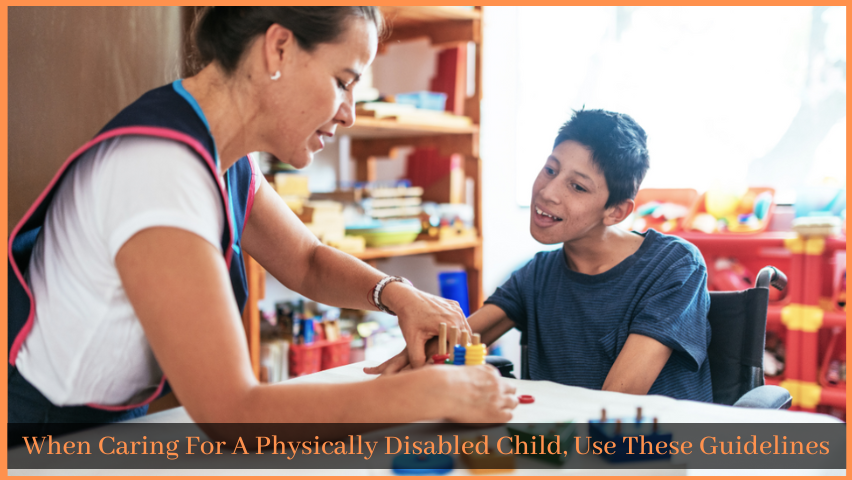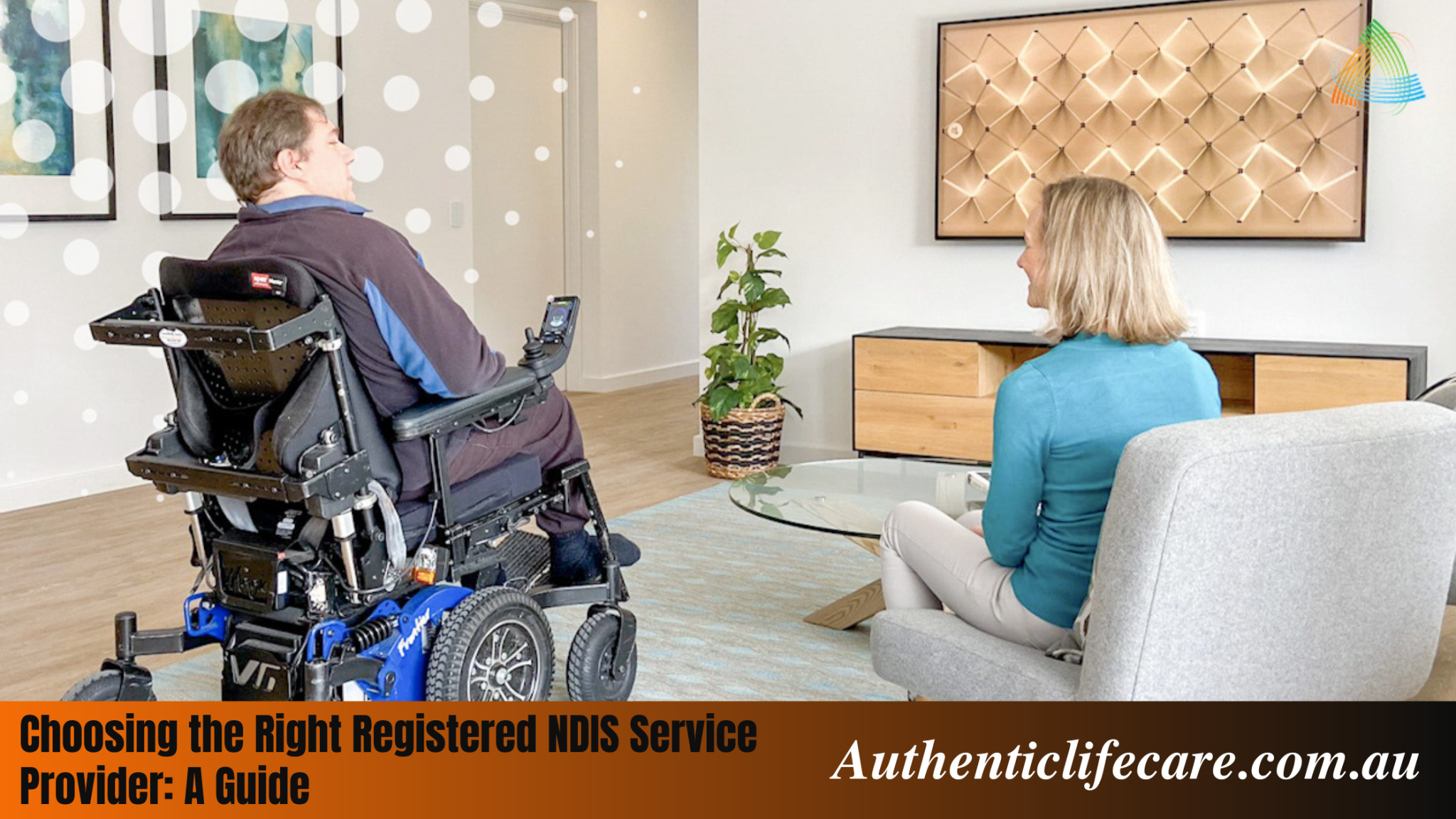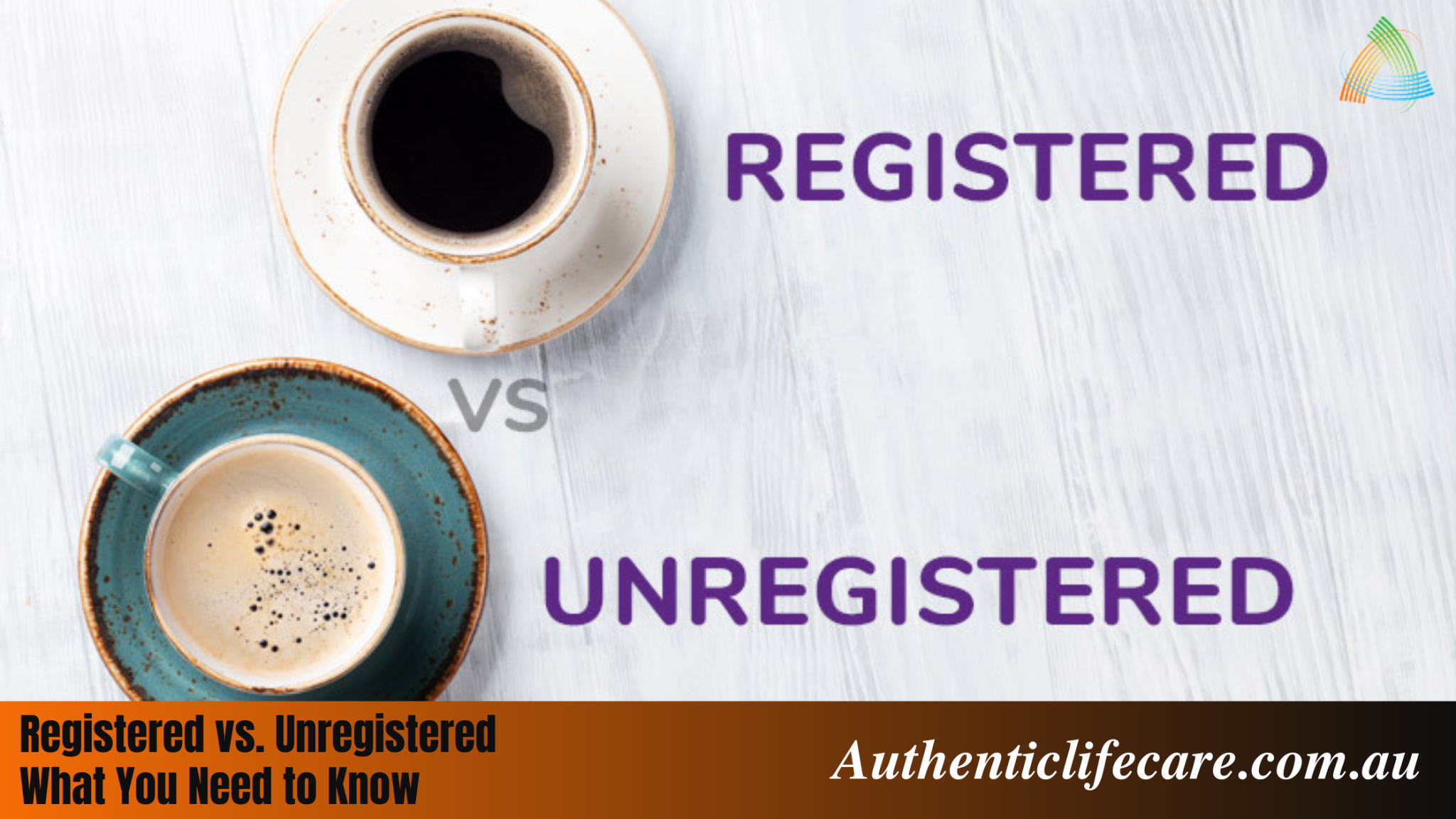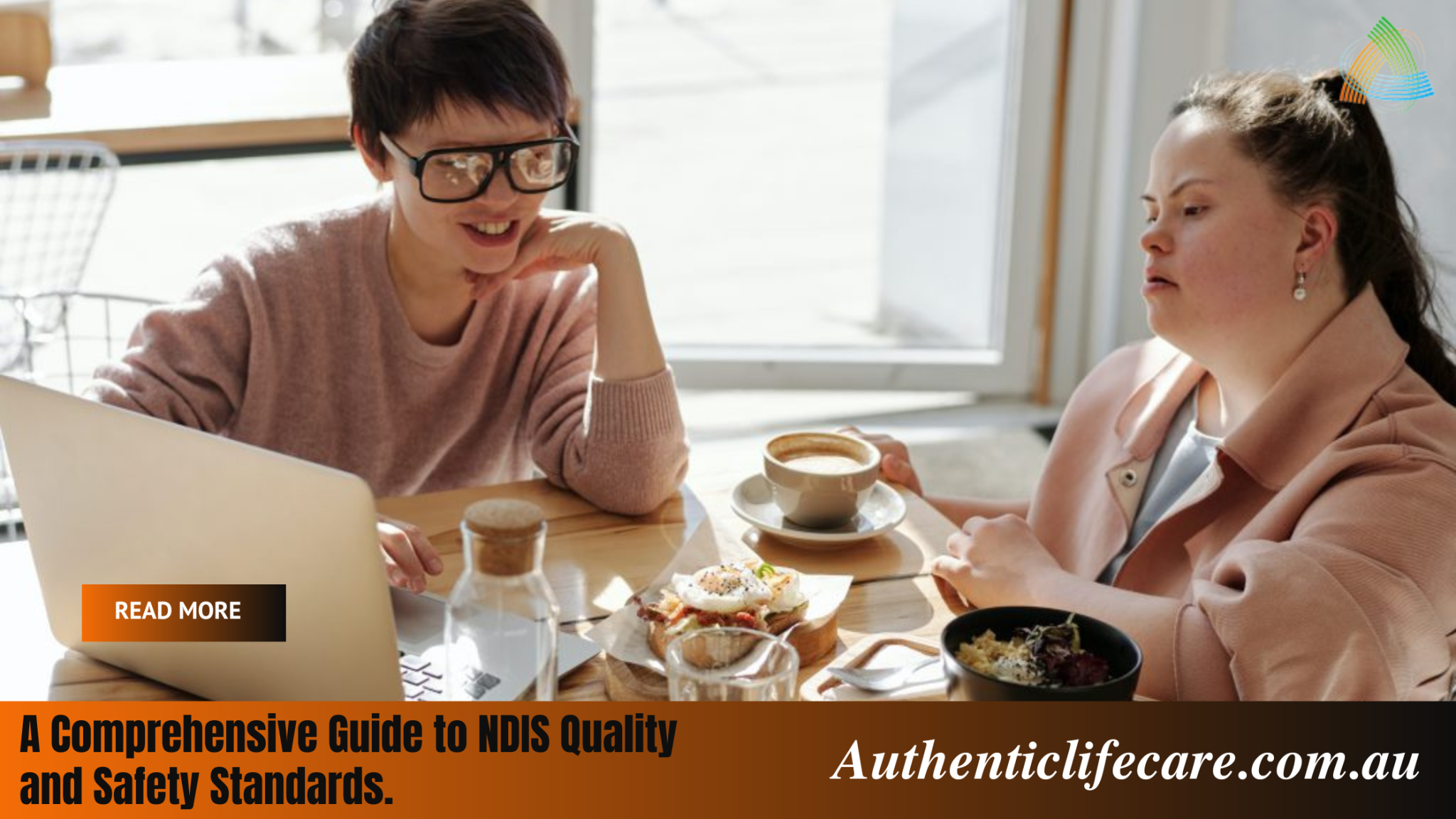Many children are born with or develop physical disabilities later in life. This category encompasses a wide variety of disabilities, but they all affect your child’s ability to get around physically. As a result, certain activities are significantly more difficult for them than for a child who does not have a physical disability. This makes looking after and caring for your child somewhat more difficult.
Essentially, you’ll need to adapt and make some adjustments to make life easier for your kids. The activity carried in the following post will assist you in caring for children with physical disabilities:
As much as possible, encourage their freedom.
Young children will grow up without learning how to take care of themselves. They will lack trust and will grow up to rely on others for assistance at all times. Children who are a little older will be irritated and angry that you are trying to mollycoddle them and do something but them. When they begin to resent your help, this causes friction in your relationship.
You should generally support your child, but only within reason. Allow your child to make their own choices and do things on their own. It’s a win-win situation for both of you.
Understand how to be patient.
Patience is an important quality to have while caring for a disabled child. As previously said, many children want to do stuff on their own. You must also recognise that a child with a disability can take longer to complete tasks than a child without a disability. If you tell your child to clean their room, they can take a long time if they have a disability.
As a consequence, it’s up to you to retain patience at all times. Never try to hurry your child or give them the impression that they are taking too long. What’s the point in frustrating them and undermining their confidence? Nobody wins in this case, so learn to be patient.
Find out more about your child’s special needs.
There will be a lot more to think about in their childhood. In the end, the impairment would be the most important factor. Your child may have a physical condition that is unique to him or her. As a result, it’s difficult to provide clear advice for every impairment.
You should do as much testing as possible after your child has been diagnosed. Your goal will be to learn everything you can about this disability. Here are a few things to know about:
- Options for disability services and care
- Any dietary modifications or limitations that may be beneficial
- As they get older, they should expect to see improvements in their disability.
- What can be done to make a house more child-friendly?
Make a regular schedule.
Following the study, you’ll be able to identify various aspects of your child’s life that need attention and will remain constant throughout their childhood. As a consequence, creating a regular schedule for the two of you is one of the easiest ways to deal with this. This makes it much easier to care for your child by allowing you to develop a structured plan to follow every day. Here are a few things to consider:
- Organize your meals for the week.
- Creating a schedule for washing and exercising
- Making an appointment for your child’s physical therapy or medical care
Make your house more accessible for people with disabilities.
Moving around is, understandably, the most difficult task for most disabled children. They may have the necessary equipment or physical devices, but you must also adjust your home to meet their needs. This may necessitate the installation of items in your home, or it may simply entail making small adjustments here and there.
Don’t take on too much.
You want to do everything you can for your children as a parent. You believe you are the only one who knows the child’s condition and therefore the only one who can care about them.
Request assistance from various family members or acquaintances. If they can assist, you can inform them of your child’s condition and the care they need. This allows you to be more self-sufficient and do other things in life. It’s also safer for the kid because they won’t have to depend on you for help and support when they get older.













